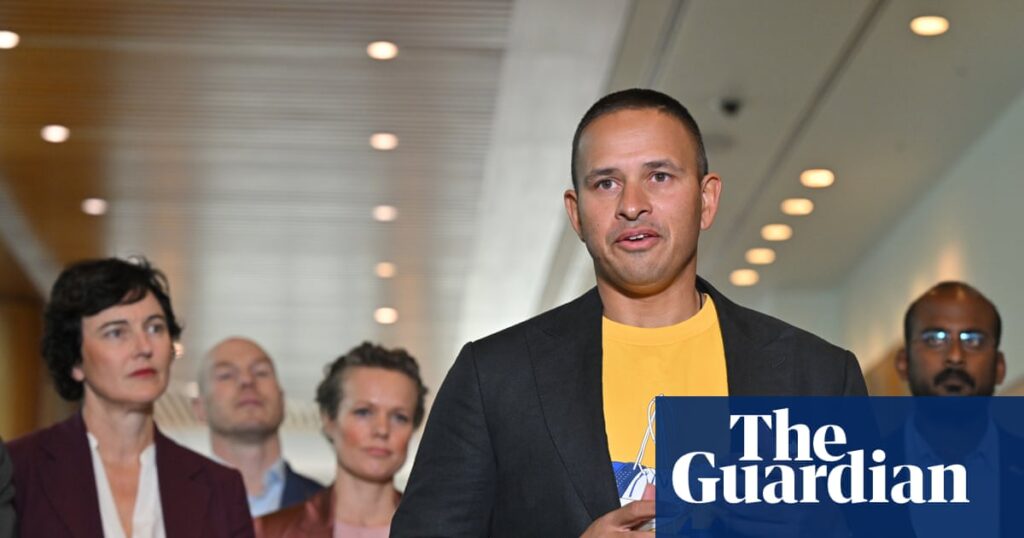
Australian cricketer Usman Khawaja has publicly criticized the Albanese government for being “100% too slow” in banning gambling advertisements, urging immediate action to protect children from the normalization of wagering linked to sports. Khawaja’s comments were made during a public appeal at Parliament House alongside crossbench MPs, public health academics, doctors, and other experts.
“The relationship that young kids are having with gambling is scary and it’s dangerous,” Khawaja said. “We are normalizing gambling for the younger generation. I can’t watch an NRL game without getting odds right before a game. I play grade cricket with young cricketers who are coming through. There are 16-year-olds with gambling accounts and they cannot watch the game without putting a bet on.”
Government Delays and Industry Opposition
The Albanese government has yet to formally respond to a bipartisan parliamentary report spearheaded by the late Labor MP Peta Murphy, which recommended a comprehensive ban on gambling ads following a three-year transition period. Although legislation was anticipated before the federal election in May, reforms were postponed due to opposition from broadcasters, sporting codes, and bookmakers.
Communications Minister Annika Wells has resumed negotiations with industry stakeholders, with several sources indicating that legislation could be introduced by the end of the year. When questioned about the government’s initial steps, Khawaja stated that it should “ban gambling from sport – it’s quite simple.”
“You have to go cold turkey, it’s the same as what happened with tobacco,” Khawaja said. “We have a responsibility.”
Parliamentary Engagement and Broader Advocacy
Khawaja’s advocacy included a meeting with Prime Minister Anthony Albanese and Treasurer Jim Chalmers, although the discussion reportedly centered on the Middle East. Earlier, Khawaja had joined another press conference with independent MPs, advocating for sanctions on Israel over Palestinian civilian casualties in Gaza.
Chalmers described Khawaja as a “wonderful humanitarian” and a leader of substance. “We have a lot of respect [for Khawaja] and we listened to him on the issues,” Chalmers said. “I’m grateful … that he’s made the time to come and talk with us directly about these issues.”
Expert Opinions and Public Health Concerns
Professor Samantha Thomas, a public health expert at Deakin University specializing in gambling research, expressed concern over the government’s apparent reliance on “industry talking points.” Many bookmakers argue that restricting gambling in Australia could drive consumers to offshore competitors, which lack consumer protections.
“Despite industry rhetoric, there is limited independent evidence to suggest that ad bans would lead to a mass exodus to illegal markets,” Thomas said.
Dr. Kerrie Aust from the Australian Medical Association highlighted the detrimental effects of gambling on mental health and substance abuse. “It’s disappointing that steps have not been taken to address the really good evidence in this [parliamentary] report and the really good recommendations that came from it,” Aust said.
Community Voices and Future Implications
Independent MP Kate Chaney, who participated in the Murphy inquiry, accused the federal government of prioritizing financial interests over community voices. “We want kids and young people playing sport and having their heroes without a constant stream of gambling advertising,” Chaney stated.
The ongoing debate over gambling advertisements in Australia underscores a broader struggle between public health advocacy and powerful industry interests. As negotiations continue, the potential introduction of legislation by year’s end could mark a significant shift in how gambling is marketed in the country, with implications for both the sports industry and public health.





